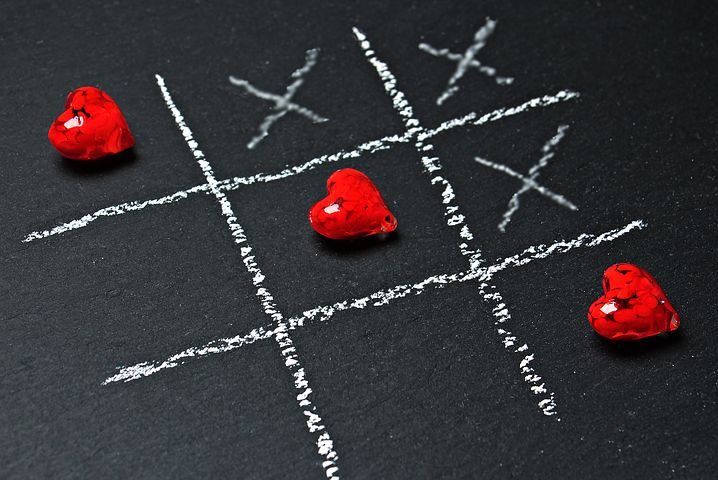As parents, nannies and caregivers, we want to protect children from pain and disappointments. There’s nothing quite like the joy on a child’s face when they win! Winning can occur in sports, with board games or in school. Teams celebrate after a score and when they win the game. The winners of a family board game have bragging rights. Doing well on an exam or acing a class gives a great sense of accomplishment.
When playing with children, especially younger children, parents and caregivers often feel the need to let the child win. Since the win is not as meaningful to the adult and they can handle disappointments better than a child, they intentionally lose. Is this a good or bad thing for the child? Like many things in life – the answer is: ‘it depends’. When deciding whether to let a child win – take a moment and look at the specific situation. When playing with children, it’s ok to occasionally let them win, it’s ok to make them work hard for the win and it’s ok to have them lose. A balance between winning and losing is the most desired outcome.
Winning can build a child’s self-confidence and sense of self-worth. It provides proof to the child that they can succeed. Winning may motivate the child to try even harder to perfect whatever skills led to the win. However, if the child wins all the time, they may believe that they no longer have to try to improve because they are already ‘the best’. They may feel entitled to win and lose motivation to practice and improve their skills.
Since no one wins at everything, what happens when a child finally loses? Losing all the time can lead to self-doubt and extreme frustration. A child who constantly loses may experience severe depression. If a child is constantly losing at something, try to determine why they are losing and how you can help them to win – at least occasionally. When a child loses, they will experience a range of emotions – they may get mad, feel frustrated, become sad, or withdraw. There are many life lessons that a child can learn from losing.
Here are five ways to help a child grow after a loss.
- Talk with the child and help them identify their feelings. Let the child know that these feelings are normal. Explain that other children who have experienced a loss have the same feelings and help the child develop empathy. Help the child develop better self-control by showing them how to properly handle anger and frustration. Model good sportsmanship and explain how reacting poorly can get them labeled a ‘sore loser’.
- It’s important to make sure the child doesn’t see the loss as ‘the end of the world’. Children often live in the ‘here and now’ and losses can seem overwhelming. If a toddler loses a footrace, they may throw a tantrum and feel like their world is falling apart. Older children may internalize the loss and become depressed. It’s important that children learn winning and losing is just a part of life. Tell the child a story or two about a loss you experienced. Don’t let the child dwell on the loss but help them develop resiliency.
- Discuss what happened with the child and help him analyze and learn from the loss. If his sports team lost the game, discuss how they can prepare to do better the next time. If a child loses a board game, talk about whether the loss was based on chance (like the roll of the dice) or strategy. Help the child understand that while he can’t control the outcome of a dice roll, he may be able to change the outcome of the game with a strategy change. If a child doesn’t do as well as he wants on a school test, help him develop a study plan to do better the next time. If you’ve had a similar experience, share with the child what you learned from it. Don’t tell the child what to do, but instead work with them and let them create a plan forward.
- Help the child understand the concepts of practice and perseverance. Make sure the child understands that improved skills (in sports, music, school, etc.) come from practice and won’t necessarily appear overnight. Don’t let a child quit the team or other activity after a loss. Give examples of times in your life when you’ve lost or failed, but how you kept practicing and trying until you succeeded.
- Help the child understand the joy of just participating. It’s easy to get so focused on winning and being the best, that we forget to enjoy the ride. A child should strive to do his/her best when competing, but they shouldn’t be so stressed about winning that they lose their pleasure in the sport. If a child enjoys an activity but doesn’t excel at it – that’s OK. Not all children can be the best at everything they do and children should enjoy themselves no matter what the outcome (win, lose or draw).
As parents and caregivers, it is important to celebrate a child’s wins and encourage them in their efforts. However, life is a series of wins and losses and while celebrating wins is important, preparing the child for the losses is equally important. Let the child have the chance to lose and recover. They need to learn they can cope and survive.
Nannies can learn more about teaching social skills and self-regulation by enrolling in a nanny certification program at the Nanny Institute.


Recent Comments